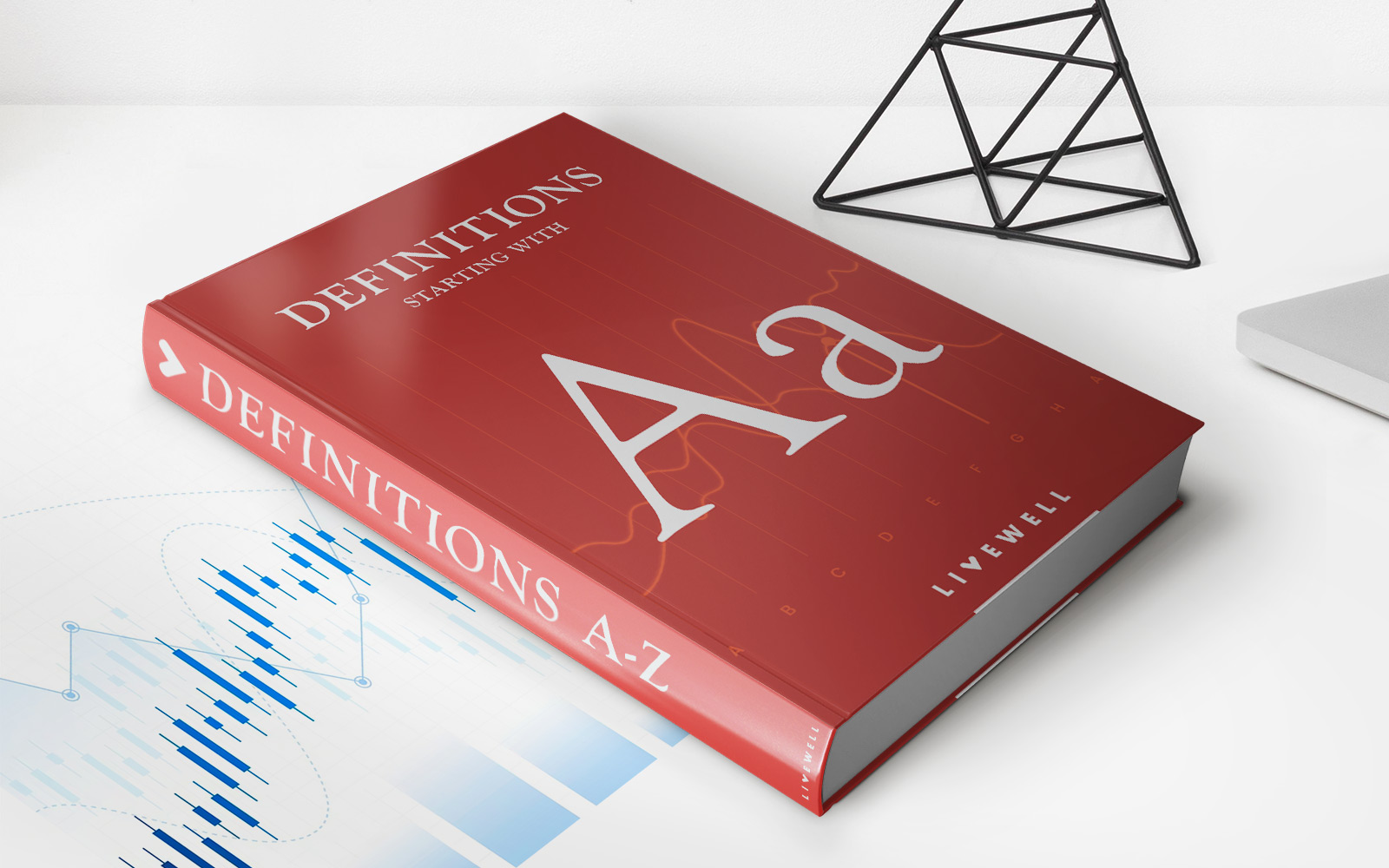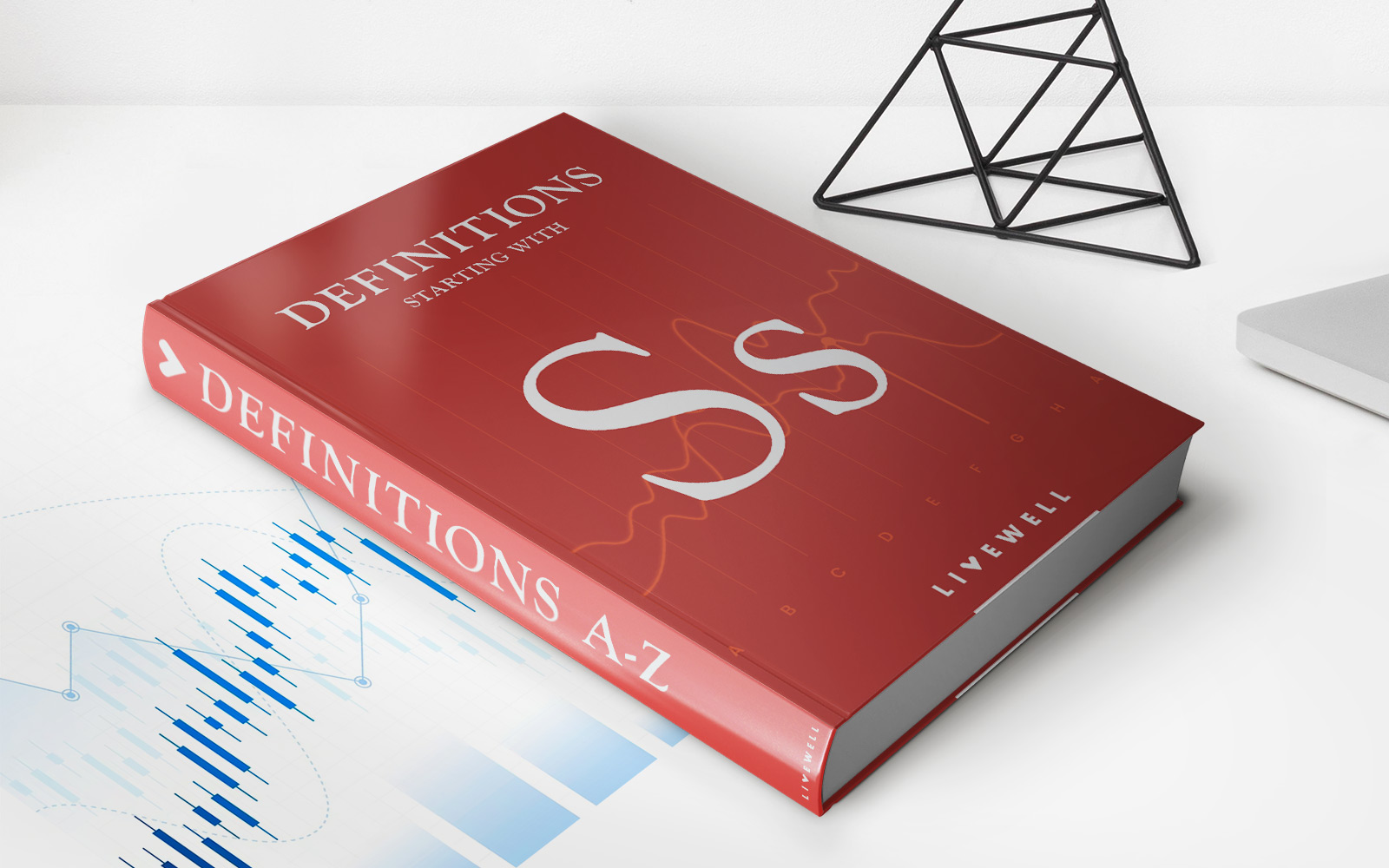

Finance
When After A Grace Period Do You Start Paying?
Modified: March 1, 2024
Learn when you start paying after a grace period and manage your finances wisely. Get expert advice on finance and payment schedules.
(Many of the links in this article redirect to a specific reviewed product. Your purchase of these products through affiliate links helps to generate commission for LiveWell, at no extra cost. Learn more)
Table of Contents
Introduction
Understanding Grace Periods and Payment Timelines
When it comes to managing personal finances, understanding the intricacies of credit card payments and loan repayment schedules is crucial. One important aspect to grasp is the concept of grace periods, which can significantly impact your financial well-being. A grace period is the duration of time during which a borrower can delay making a payment on a loan or credit card without incurring penalties. This period typically follows the due date for the payment.
Grace periods are commonly associated with credit cards, where they offer cardholders the opportunity to pay their balance in full without accruing interest. However, grace periods can also apply to other types of loans, such as mortgages and student loans. It's important to note that not all loans or credit agreements include a grace period, so it's essential to carefully review the terms and conditions of your specific financial agreements.
Understanding the nuances of grace periods is essential for effectively managing your financial obligations. By comprehending the timing and implications of these periods, you can make informed decisions and avoid potential financial pitfalls. In the following sections, we will delve deeper into the specifics of grace periods, including when they end, the repercussions of missing payments, and valuable tips for effectively managing these critical timelines.
Understanding Grace Periods
What Are Grace Periods and How Do They Work?
A grace period is a specified length of time during which a borrower can delay making a payment on a loan or credit card without facing negative consequences. This period typically begins after the due date for the payment. For credit cards, the grace period is the time between the end of a billing cycle and the due date for that billing cycle. During this period, if the cardholder pays the full balance, no interest is charged on the outstanding amount.
It’s important to note that not all credit cards offer a grace period, and the length of the grace period can vary by issuer and individual card agreements. For example, some credit cards may offer a 21-day grace period, while others may have a 25-day grace period. Understanding the specific terms of your credit card agreement is crucial for making timely and interest-saving payments.
Grace periods can also apply to other types of loans, such as student loans and mortgages. In these cases, the grace period allows borrowers to make payments after the due date without incurring late fees or damaging their credit score. However, interest may still accrue during the grace period for these types of loans.
For those with student loans, it’s important to understand that grace periods can also refer to the period after a student graduates, leaves school, or drops below half-time enrollment when they are not required to make payments. This provides a transition period before the borrower begins making regular loan payments.
Understanding the presence and terms of grace periods in your financial agreements is essential for effective financial management. By leveraging the benefits of grace periods and adhering to their timelines, borrowers can optimize their payment strategies and avoid unnecessary fees and interest charges.
When Does the Grace Period End?
Understanding the Termination of Grace Periods and Payment Due Dates
The grace period for credit card payments typically ends on the payment due date. This is the date by which the cardholder must make at least the minimum payment to avoid late fees and other penalties. It’s important to note that the due date can vary based on the credit card issuer and the terms of the specific card agreement. Therefore, it’s crucial for cardholders to be aware of their payment due dates to ensure timely payments.
For loans, such as student loans and mortgages, the grace period ends on the day after the grace period expiration date. This is the date when the borrower must make the payment to avoid late fees and potential negative impacts on their credit history. It’s essential for borrowers to understand the specific terms of their loan agreements to accurately determine the end of the grace period.
It’s worth noting that missing the payment due date at the end of the grace period can have significant repercussions, including late fees, increased interest rates, and potential damage to the borrower’s credit score. Therefore, staying informed about payment due dates and grace period expiration dates is crucial for maintaining healthy financial standing.
Understanding when grace periods end empowers borrowers to plan and manage their payments effectively. By staying mindful of these timelines, borrowers can avoid unnecessary fees and penalties while optimizing their financial strategies.
Consequences of Missing Payments
Understanding the Impact of Missed Payments and Late Fees
Missing payments at the end of a grace period can have significant financial repercussions. For credit card holders, failing to make at least the minimum payment by the due date can result in late fees, increased interest rates, and potential damage to their credit score. Late fees can vary by issuer and are typically charged in addition to the outstanding balance, increasing the overall amount owed.
Moreover, missed payments can trigger penalty interest rates, causing the cardholder’s interest rate to spike significantly. This not only increases the cost of carrying a balance but also adds to the financial burden of the outstanding debt. Additionally, late payments can be reported to credit bureaus, potentially leading to a negative impact on the cardholder’s credit history and score.
For loans such as student loans and mortgages, missing payments at the end of the grace period can lead to similar consequences, including late fees and potential damage to the borrower’s credit history. In some cases, missed payments can even result in default, leading to more severe financial and legal implications.
Understanding the repercussions of missing payments underscores the importance of staying vigilant about payment due dates and grace period expiration dates. By proactively managing payments and honoring these timelines, borrowers can avoid unnecessary fees, protect their credit standing, and maintain healthy financial habits.
Tips for Managing Grace Periods
Effective Strategies for Navigating Grace Periods and Payment Deadlines
Managing grace periods and payment deadlines requires careful attention and proactive financial planning. Here are some valuable tips to help borrowers effectively navigate these critical timelines:
- Mark Your Calendar: Keep track of your payment due dates and grace period expiration dates by marking them on your calendar or setting up reminders on your phone or computer. This proactive approach can help you stay aware of impending deadlines and avoid missed payments.
- Understand Your Terms: Familiarize yourself with the specific terms of your credit card agreement or loan terms. Pay attention to the length of the grace period, the payment due date, and any associated fees or penalties for late payments. Being well-informed empowers you to make timely and informed financial decisions.
- Automate Payments: Consider setting up automatic payments for at least the minimum amount due on your credit card or loan. Automating payments can help ensure that you never miss a due date, providing peace of mind and avoiding potential late fees.
- Pay More Than the Minimum: If possible, strive to pay more than the minimum amount due, especially for credit card balances. By paying off more of the principal balance, you can reduce the overall interest charges and expedite your journey toward debt repayment.
- Communicate with Lenders: In cases of financial hardship or unexpected circumstances, don’t hesitate to communicate with your lenders. Some creditors may be willing to work with you to adjust payment schedules or explore alternative arrangements to help you manage your financial obligations.
By implementing these strategies and maintaining a proactive approach to managing grace periods, borrowers can optimize their financial management, minimize fees, and uphold a healthy credit standing. Effectively navigating grace periods and payment deadlines is a fundamental aspect of responsible financial stewardship.














